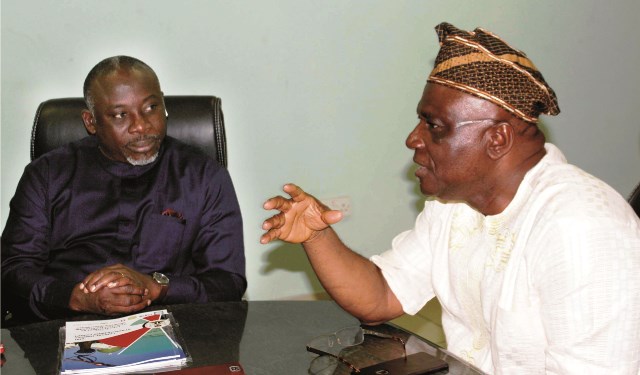Business
Rep Assures On Gas Flaring Reduction

The Member of House of Representatives representing Sagbama/ Ekeremor Federal Constituency of Bayelsa State, Hon. Fred Agbedi has given assurance that the Federal Government is putting everything together to ensure that gas flaring in the Niger Delta is drastically reduced.
He said that steps have been taken by the Federal Government to scale down the volume of gas flared in the region, adding that government is coming up with the policy of off takers of the gas that is being flared.
Agbedi, the House Committee Chairman on Gas, who disclosed this to aviation Correspondents at the Port Harcourt International Airport last Monday, also noted that it will not be easy to totally eliminate gas flaring.
According to him, gas flaring in the Niger Delta region can not be completely eliminated as being canvassed because oil companies need to burn some quantity of gas in the course of crude oil exploration and production.
“ The fact remains that they need some quantity of gas to burn for the production to also take place. The oil companies need to burn some quantity of gas in the course of crude oil exploration and production,” he said.
Never the less, Agbedi also stated that the steps the Federal Government is taking will bring on beard offtakers of the gas that is flared, and that once the contracting of gas flaring to offtakers is concluded, “ it will Largely reduce the flaring”
He said that there will also be some kinds of industrial flare that will take place for the process of exploration of crude oil, even when the offtakers are taking what they are supposed to take as quantify being flared.
“You cannot completely lock it down. What the Government and the international community is aiming at is to reduce the gas being flared in the environment,” he said.
Corlins Walter
Business
Fidelity Bank To Empower Women With Sustainable Entrepreneurship Skills, HAP2.0
Business
President Tinubu Approves Extension Ban On Raw Shea Nut Export
Business
Crisis Response: EU-project Delivers New Vet. Clinic To Katsina Govt.
-

 News3 days ago
News3 days agoAmend Constitution To Accommodate State Police, Tinubu Tells Senators
-

 Politics3 days ago
Politics3 days agoSenate Urges Tinubu To Sack CAC Boss
-

 News3 days ago
News3 days agoDisu Takes Over As New IGP …Declares Total War On Corruption, Impunity
-
Business3 days ago
President Tinubu Extends Raw Shea Nuts Export Ban To 2027
-
Business3 days ago
Crisis Response: EU-project Delivers New Vet. Clinic To Katsina Govt.
-
Sports3 days ago
NDG: Rivers Coach Appeal To NDDC In Talent Discovery
-
Business3 days ago
President Tinubu Approves Extension Ban On Raw Shea Nut Export
-
Rivers3 days ago
Etche Clan Urges Govt On Chieftaincy Recognition

